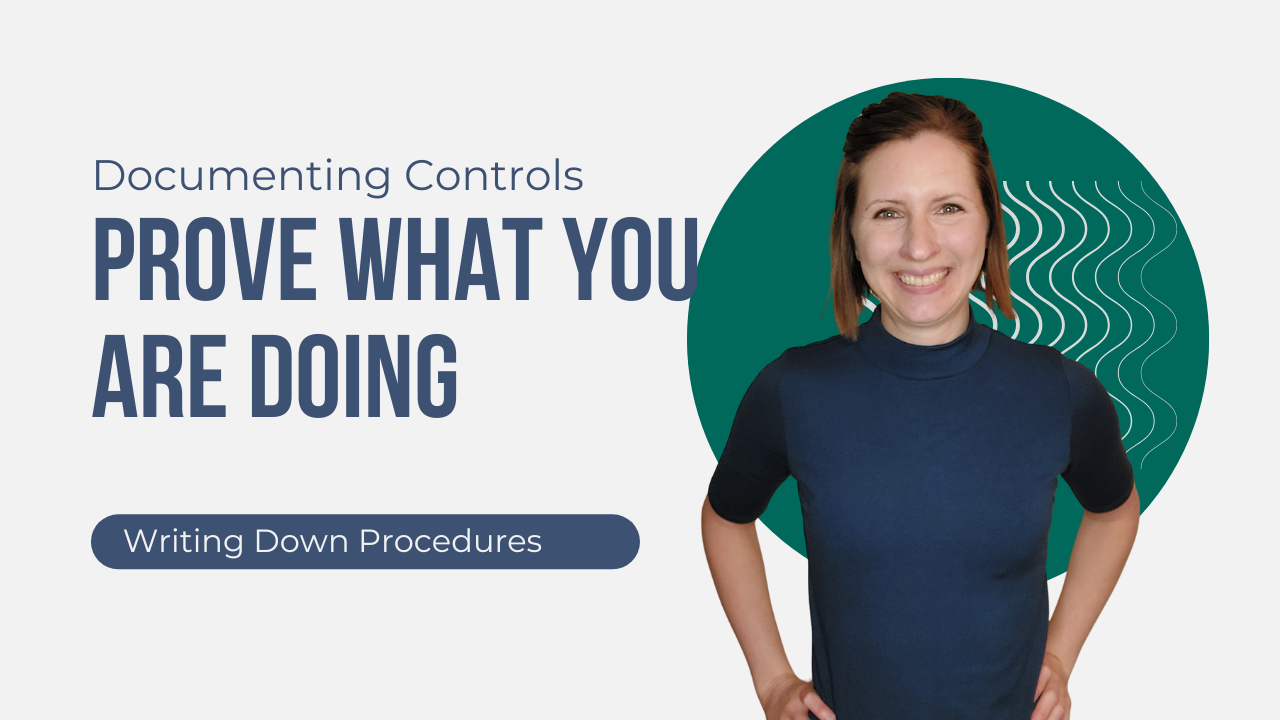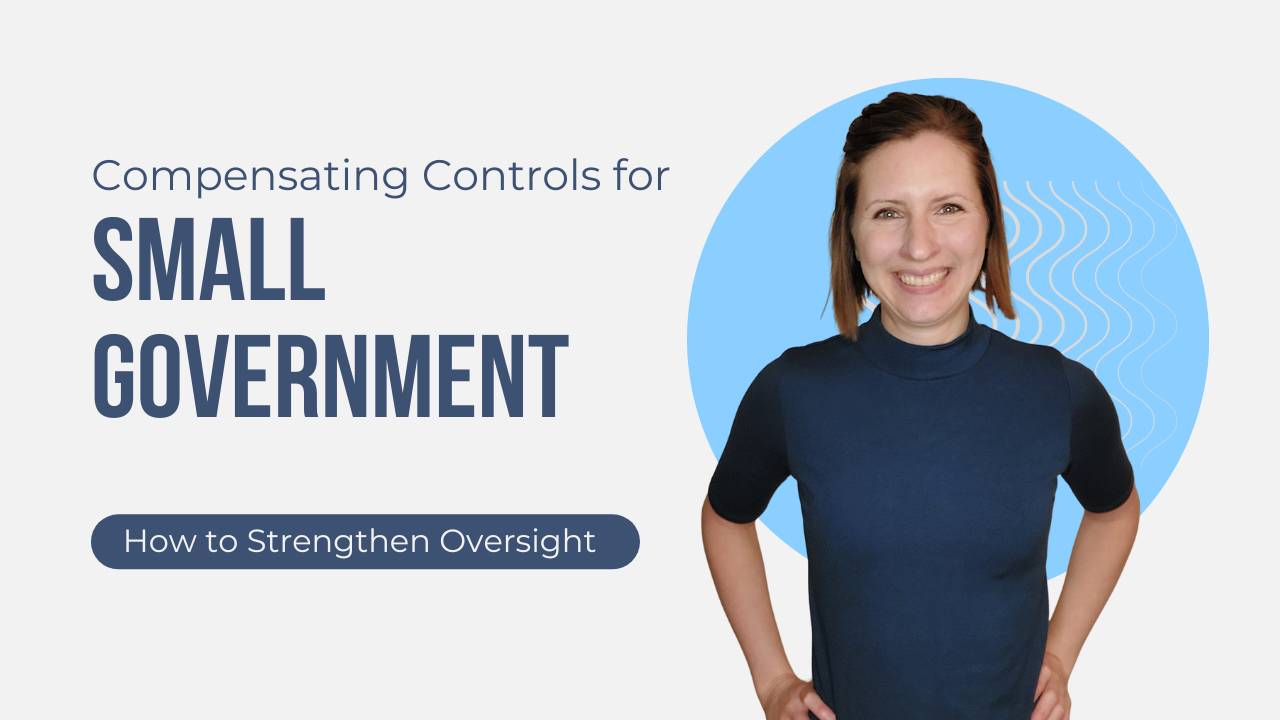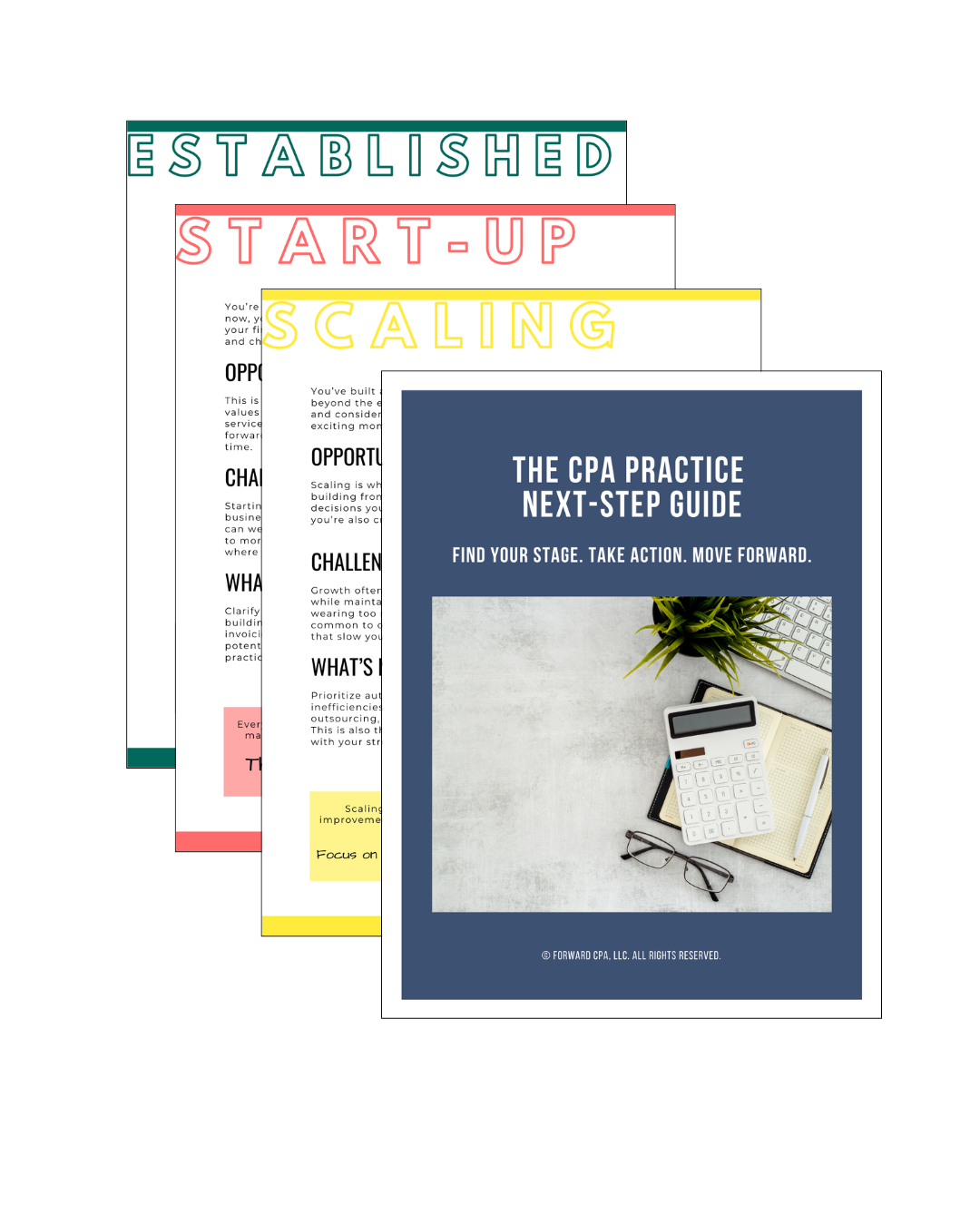Stop Reinventing the Wheel: How to Create Systems that Scale
May 25, 2025
Every year, it starts the same way.
You open last year’s files. You scroll through old emails. You search your desktop for the “final_final_USE_THIS_ONE” version of the trial balance template. Then you think to yourself:
There has to be a better way.
And you’re right.
If you’re auditing governments—school districts, cities, counties—you’re doing repeatable work. But without the right systems, you’re doing it manually over and over again.
That’s not sustainable. And it’s definitely not scalable.
If you want to grow your capacity, reduce burnout, and build a firm that runs without everything depending on you, you need systems that scale. Here’s how to stop reinventing the wheel—and start building the kind of firm that’s built to last.
1. Recognize What You're Already Repeating
You don’t need to invent new systems—you just need to document what you’re already doing over and over again.
Start by looking at your last three governmental audits. Ask:
-
What tasks showed up every time?
-
What schedules did you request from every client?
-
What steps did your team ask you about repeatedly?
These are prime candidates for systemization.
Try This:
Make a quick list of your top 5 repeatable tasks—think cash testing, capital asset rollforwards, compliance testing, or client PBC requests. Start there.
2. Turn Workflows Into Checklists
If a process lives in your head, it’s not a system—it’s a bottleneck. Turning it into a checklist makes it trainable, repeatable, and easier to delegate.
Try This:
For each recurring task:
-
Write down the steps
-
Clarify what “done” looks like
-
Note who’s responsible at each step
-
Include links to templates or folders
Use a task management tool to assign and track it every year.
3. Build a Library of Templates and Tools
You shouldn’t be creating new Excel files for every audit. A strong system starts with standardized tools you can reuse and refine.
Include Templates For:
-
PBC lists organized by audit area
-
Audit adjustment logs
-
Note disclosures
-
Workpaper formats (e.g., payroll testing, debt rollforwards)
-
Folder structures
This not only saves time but ensures consistency across your team—and your audits.
4. Create a Post-Audit Debrief Process
The best systems improve every year—but only if you capture what worked (and what didn’t).
End each audit with a short debrief. Ask your team:
-
What caused delays?
-
What documents were missing or incomplete?
-
What could we template or automate for next time?
Update your checklists and templates while it’s fresh. That’s how your systems evolve.
5. Automate the Repetitive Stuff
Automation doesn’t mean building software. It means using the tools you already have to reduce busywork.
Try This:
-
Set up automated PBC requests with reminders using a project management software
-
Use auto-generated email templates for client check-ins
-
Create recurring task templates that populate every audit season
The goal? Less mental energy spent on tracking what’s next—and more time focused on what matters.
6. Systemize Client Communication
Ever find yourself writing the same client emails over and over again? That’s a system waiting to be built.
Create a client communication playbook with:
-
Welcome emails
-
PBC request instructions
-
“What to expect during the audit” guides
-
FAQs for new finance staff
Train your team to use it. Your clients will get a better experience—and you’ll get fewer follow-ups.
Scale Doesn't Start with More Clients - It Starts With Better Systems
If your firm feels like it’s hitting a ceiling, it’s probably not a client problem—it’s a systems problem.
The solution isn’t working more hours or hiring more people before you’re ready. It’s creating systems that let your team work smarter, repeat processes with ease, and deliver consistent quality across every engagement.
Start small. Choose one area—like your audit adjustment log or capital asset testing—and build a simple, repeatable system around it.
Then, do it again. And again.
That’s how scalable firms are built. One system at a time.
Your Next Step Forward
Join the newsletter designed to help CPAs take the next best step in building a practice they love, with practical insights, game-changing tools, and quick wins in every email.
We hate SPAM. We will never sell your information, for any reason.




